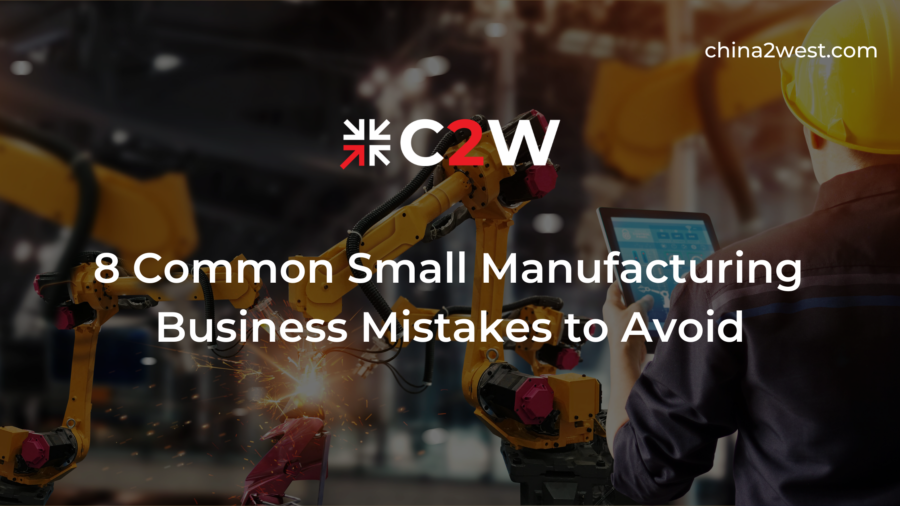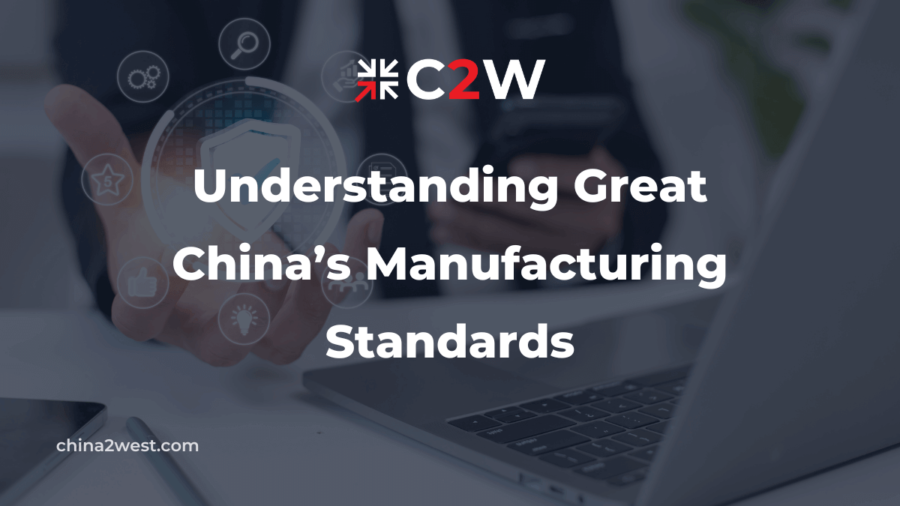Owning a business has unique flexibility you can’t find elsewhere. You can create your own schedule, work from where you want, and hire who you’d like. However, entrepreneurship doesn’t come without its difficulties.
Approximately 20% of small businesses fail within the first two years of opening. Many of these failures are due to avoidable mistakes. When running a small manufacturing business, there are certain pitfalls to avoid.
We’ve put together a brief guide with some of the most notable. Let’s explore the key information you should know.
1. Neglecting Quality Control
Under no circumstances should your company neglect quality control. This can quickly erode your audience’s trust they have in your brand. Although quality control can prolong manufacturing, it’s crucial to success.
Many entrepreneurs make the mistake of having lax QC policies in favor of better production time. No matter what product you offer, you won’t reach your goals if it doesn’t meet quality standards. People will be quick to choose a competitor over your brand.
You also risk getting negative press over a quality incident. A situation like this can be impossible for small businesses to overcome.
2. Hiring the Wrong Team
Your team serves as the backbone of your manufacturing business. If you hire the wrong people, they won’t have the knowledge or expertise to support your company.
Understand when it’s the right time to look for additional personnel and vet them before choosing someone. It’s also important to avoid hiring too many people too quickly.
See how far you can comfortably push your existing team before scaling. Having too much overhead can negatively impact your manufacturing process.
3. Not Researching Your Target Market
One of the most common reasons businesses fail is because the market has no need for their products or services. Your idea might seem amazing on paper, but there might not be an opportunity to execute it. Thoroughly research your target market and determine what strategies you should implement.
For instance, you might notice that only half of your manufactured products meet your financial goals. You could pivot at this point and focus on profitable items.
Frequently assess your performance, as market needs are liable to change. A common example is consumers becoming more environmentally conscious. These individuals then prioritize companies that minimize their carbon footprints.
4. Overlooking Production Efficiency
Some small businesses don’t focus enough on production efficiency. This often leads to missed performance metrics. Poor efficiency comes with two primary issues:
- Reduced revenue
- Lost consumer interest due to product unavailability
Your manufacturing process should be fast, consistent, and high-quality. This is much easier said than done and requires a large amount of research.
It can sometimes take years to refine a manufacturing process. However, it will make your performance more predictable and help you scale production. Working with a consultant can help you improve your efficiency in many cases.
5. Not Outsourcing
Small companies often aren’t able to handle everything in-house. This doesn’t stop many of them from trying.
Managing your own manufacturing processes is expensive and time-consuming. You’ll have to budget for a manufacturing space and hire more employees.
You’ll also need to have money set aside to handle contingencies. Outsourcing can take your production to the next level without stretching your budget. It can also help you overcome supply chain issues.
Working with manufacturers lets you leverage their tools and facilities. Most companies likely wouldn’t have access to these types of resources for years.
6. Focusing Too Much on Price
There’s nothing wrong with capital management. Neglecting this responsibility can quickly lead to disaster.
Focusing too much on price comes with its own set of problems, though. Consider the money you spend on manufacturing as an investment in your business. The more you spend, the more you’ll get back as long as you spend it appropriately.
Small business owners sometimes get caught up in manufacturing prices. They aim to minimize costs and keep overhead as low as possible. The primary issue here is they often expect too much.
It may not be possible under certain circumstances to hit the numbers you want without the right budget. It’s best to step back and accept that you’ll spend more than anticipated.
Invest in certain strategies and then reassess at a later date. If you still didn’t reach your goals, you can adjust your spending.
7. Ignoring Material Discrepancy
As time goes on, manufacturers begin to use new materials. These are often more durable and higher quality. It’s impractical to use the same processes and materials throughout your career.
Small manufacturing business owners occasionally make this mistake. Just because something has worked in the past doesn’t mean it will continue to.
Stay open-minded about modifying the materials you use. This will go a long way toward ensuring your success.
8. Working with the Wrong Professional
Working with the wrong manufacturing professional is something you should avoid at all costs. This will waste your time and resources, and you won’t meet your target metrics. When outsourcing, consider their past reputation.
See what other clients have had to say about their experiences and results. You should also examine their pricing structure.
Dealing with financial surprises when outsourcing is never pleasant. Don’t work with someone who isn’t fully transparent about what you’ll pay for.
Are they easy to communicate with? The last thing you want is to be left in the dark during the process. This is especially true when working with an international company.
Check if they often work with companies like yours. It’s essential to find someone who understands the way your business operates. If most of their clients are different than your business, keep looking elsewhere.
Avoid These Small Manufacturing Business Mistakes
At first, these small manufacturing business mistakes can seem difficult to manage. The good news is that they’re much simpler to handle than most people anticipate. With enough foresight, you’ll ensure your company runs smoothly and continues to grow.
At China2West, we offer a range of China-based services to our clients. These include vendor management, quality control, product design, and much more. Speak with us to learn more about how we can help.


